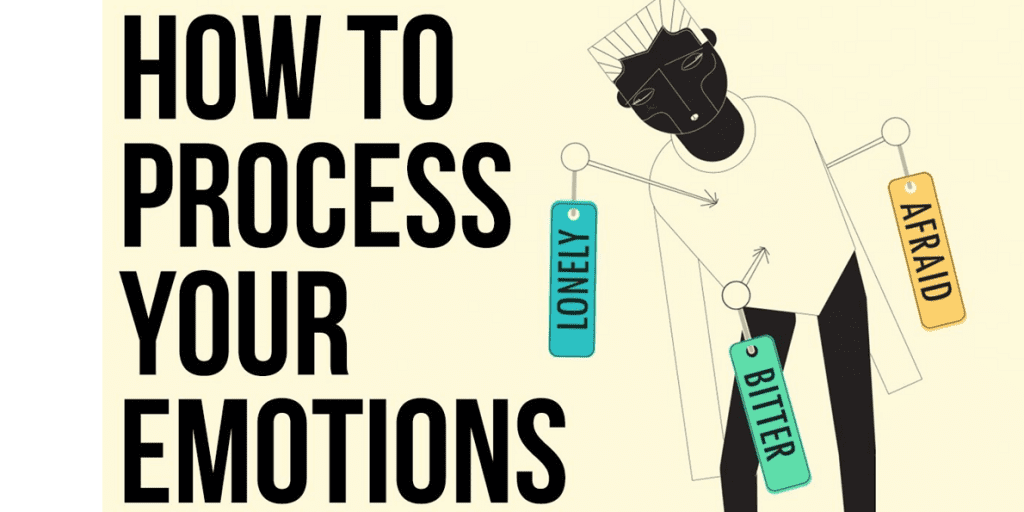Coping With Uncomfortable Emotions

Whether you had a bad day with your boss or have been dumped by the love of your life, possessing healthy coping skills is critical to ensuring you can successfully survive through tough times. Particularly coping skills will enable you to deal with, minimize and tolerate life’s stressful situations. Managing stress properly will aid you to feel better both psychologically and physically and positively impact your performance.
There are different stress coping mechanisms. Some only work momentarily and aren’t practical for the long term, while others are effective all through. Coping mechanisms that are ineffective and can have negative consequences are referred to as maladaptive. On the other hand, coping mechanisms considered adequate and healthy are known as adaptive coping mechanisms.

Adaptive stress coping mechanisms.
- Relaxation: By engaging in activities that relax the body, these can help in coping with stress. Some of these relaxing activities include: calming techniques such as muscle relaxation, sitting while enjoying nature, listening to soft music, and practicing meditation.
- Support: You can effectively manage stress by conversating about a stressful event with a caring person. The adverse effects that a difficult situation has on you can be significantly reduced by seeking external support instead of self-isolating and internalizing the stress.
- Humor: You can prevent a stressful situation from being overwhelming by making light of it.
- Physical activity: Exercise is a healthy and natural way of relieving stress. Swimming, running, yoga, dance, walking, and team sports among other physical activity can help cope with stress and its traumatic effects.
- Problem-solving: This coping mechanism will entail identifying the causative problem of the stress and coming up and putting in place action that will help manage the stress effectively.
By embracing the above mechanisms, you can successfully cope with your uncomfortable emotions.
